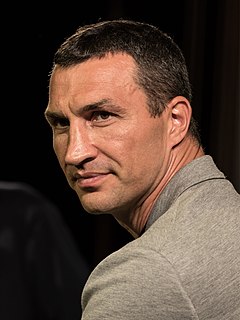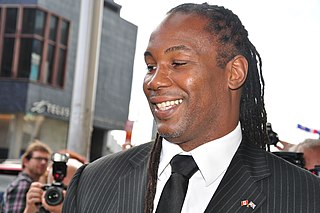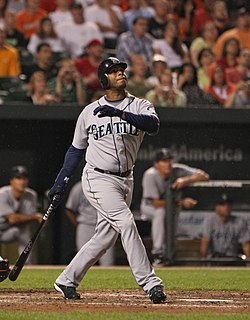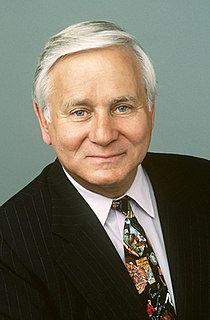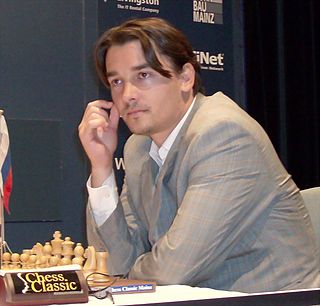A Quote by Vitali Klitschko
Chess and boxing have a lot in common, as both sports rely on the right strategy.
Related Quotes
Chess is similar to boxing. You need to develop a strategy, and you need to think two or three steps ahead about what your opponent is doing. You have to be smart. But what’s the difference between chess and boxing? In chess, nobody is an expert, but everybody plays. In boxing everybody is an expert, but nobody fights.
Comedy and politics have a lot in common. Both are great ways to pick up chicks - just look at Governor Spitzer. Or Ellen Degeneres. Both require spending time on the road meeting strangers who often have the desire to throw things at you. Both are difficult, if not impossible, to do all alone. And both rely heavily on personality.
Baseball and golf have a lot of things in common, including the fact that players in both games love hitting for power. However, in both sports, trying to do so strictly with muscle strength doesn't work very well. In fact, I see a lot of guys in both baseball and golf struggle when they try to swing with tight arms.
I love chess, and I didn't invent Fischerandom chess to destroy chess. I invented Fischerandom chess to keep chess going. Because I consider the old chess is dying, it really is dead. A lot of people have come up with other rules of chess-type games, with 10x8 boards, new pieces, and all kinds of things. I'm really not interested in that. I want to keep the old chess flavor. I want to keep the old chess game. But just making a change so the starting positions are mixed, so it's not degenerated down to memorisation and prearrangement like it is today.

